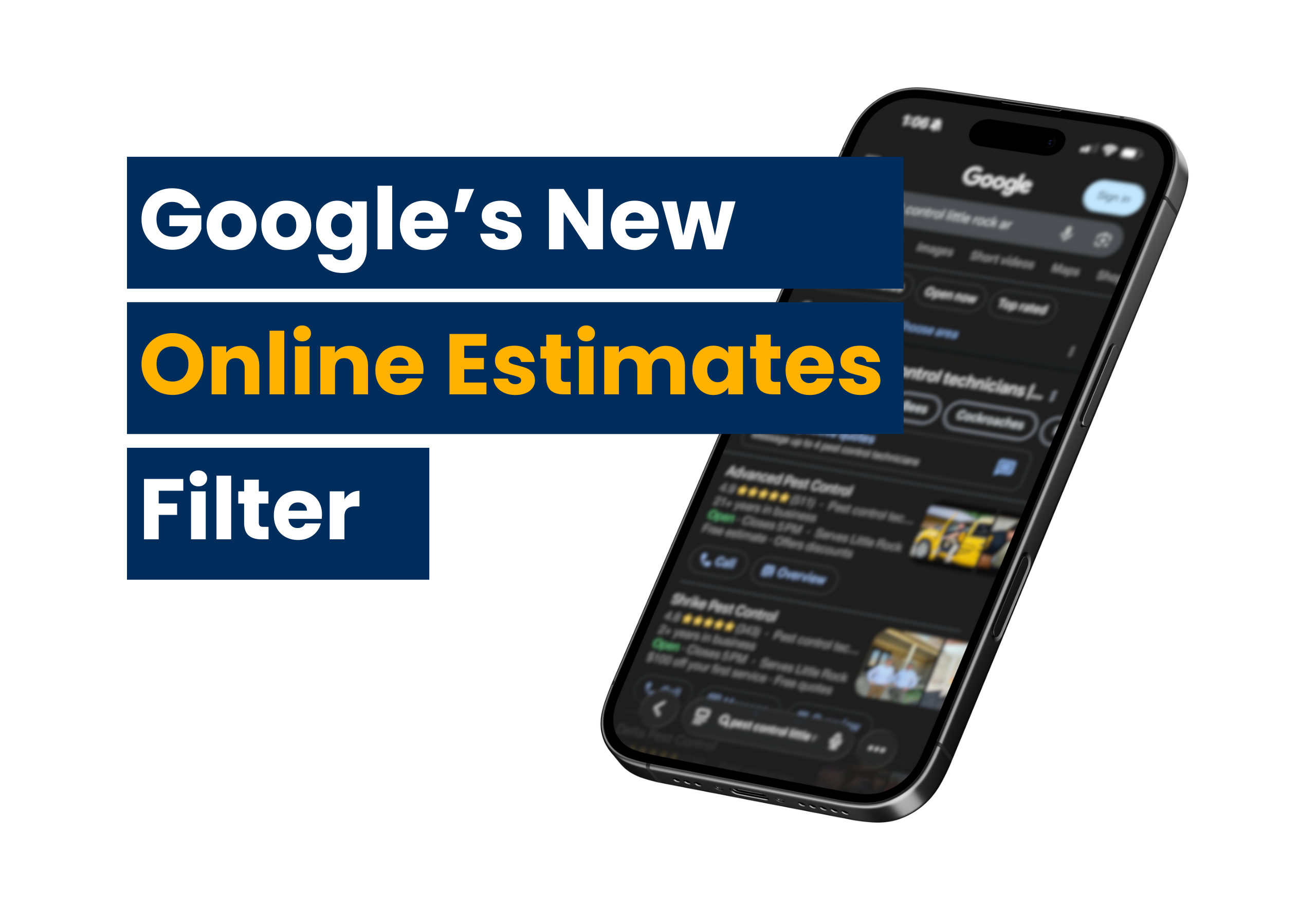If you’re a business owner trying to get more eyes on your website, you’ve probably heard of SEO and SEM. But what do these terms actually mean, and which one is the right fit for your business? Let’s break SEO vs SEM down in a way that makes sense.
SEO vs SEM: What’s the Difference?
SEO (Search Engine Optimization) and SEM (Search Engine Marketing) are both strategies to help your website show up in search results—like on Google when someone searches for your services. But they work in different ways.
- SEO is organic – meaning you don’t pay directly for clicks, but instead optimize your website to rank higher in search results naturally.
- SEM is paid – meaning you run ads (like Google Ads) to appear at the top of search results instantly.
Think of it this way: SEO is like planting a tree—it takes time to grow but lasts for years. SEM is like renting a billboard—you see results instantly, but only as long as you keep paying for it.
What SEO Involves
SEO is all about making your website more search-engine friendly so it ranks higher in Google’s unpaid (organic) search results. Here’s how it works:
- On-Page SEO (The Content on Your Site)
- Using the right keywords in your content
- Writing engaging meta descriptions and title tags
- Structuring content so it’s easy to read and relevant to users
- Off-Page SEO (Authority & Credibility)
- Earning backlinks from other reputable websites
- Building an online presence through guest posts, social media and local listings
- Technical SEO (Website Performance)
- Ensuring your site loads fast and works well on mobile
- Fixing broken links and optimizing site structure for Google’s crawlers
- Making sure your site is secure and easy to navigate
Pros of SEO:
- Long-term traffic growth
- Cost-effective over time (no ad spend)
- Builds trust and credibility
Cons of SEO:
- Takes months to see results
- Requires ongoing content updates and technical maintenance
What SEM Involves
SEM, often referred to as PPC (pay-per-click), is a paid strategy where businesses bid on keywords to have their ads show up in search results.
- Google Ads & Paid Search
- You bid on keywords related to your business (e.g., “Little Rock Marketing Agency”)
- Your ad appears at the top of Google search results
- You pay when someone clicks on your ad
- Landing Page Optimization
- Making sure your ad leads to a page that converts visitors into customers
- Clear messaging and a strong call-to-action (CTA)
- Budget & Performance Tracking
- Setting daily or monthly ad budgets
- Tracking clicks, conversions, and return on investment (ROI)
Pros of SEM:
- Instant visibility and traffic
- Highly targeted to the right audience
- Perfect for promotions and seasonal campaigns
Cons of SEM:
- Costs money every time someone clicks
- Traffic stops when ads stop
- Needs constant monitoring and optimization
Which One Is Right for Your Business?
The answer depends on your goals, timeline and budget. Here’s a simple way to decide:
Use SEO if:
- You want to build long-term traffic and brand trust
- You have time to invest in content and site optimization
- You’re looking for a sustainable, cost-effective strategy
Use SEM if:
- You need immediate leads or website traffic
- You’re running a limited-time offer or launching a new product
- You have a budget for paid ads and want quick results
Best Case? Use Both!
The best marketing strategies often use a mix of SEO and SEM. Here’s why:
- SEM helps you get traffic fast while you wait for your SEO efforts to kick in.
- SEO ensures you stay visible long-term without constantly paying for ads.
Real-World Examples
- A new local business → Use SEM first to get quick exposure, then invest in SEO to build lasting traffic.
- A blog or content-based website → Focus on SEO to grow organic readership over time.
- A seasonal promotion (holiday sales, events, etc.) → Prioritize SEM to get instant visibility.
- A business with a tight marketing budget → Start with SEO to build long-term, cost-effective growth.
Let’s Find the Right Strategy for You
Still not sure whether SEO, SEM, or both are right for your business? We can help! Let’s chat about your goals and put together a strategy that works for you.




